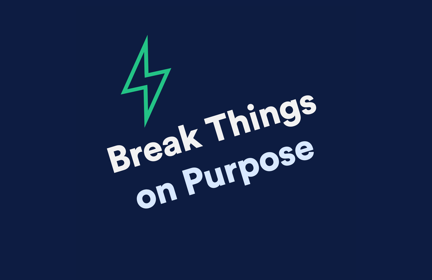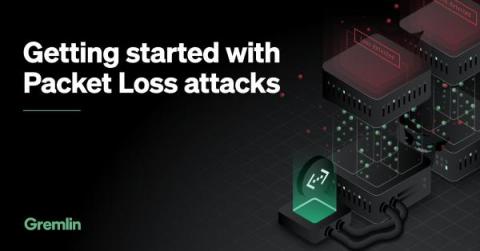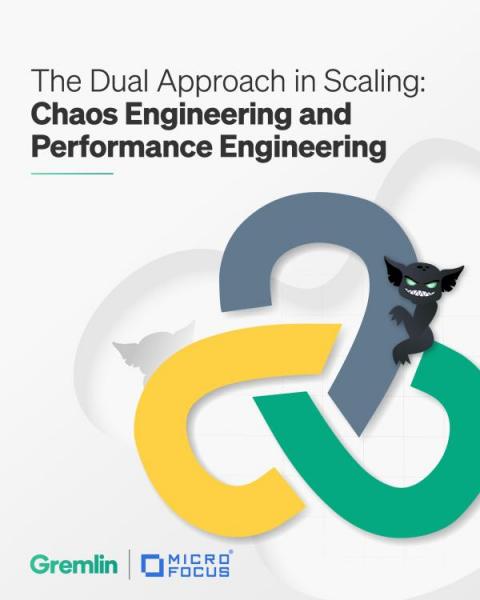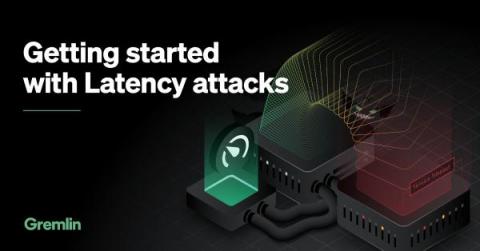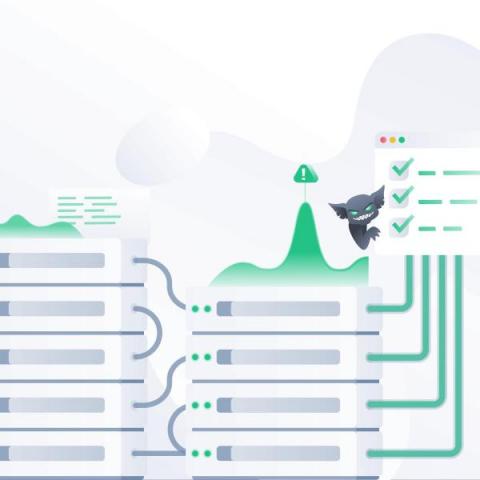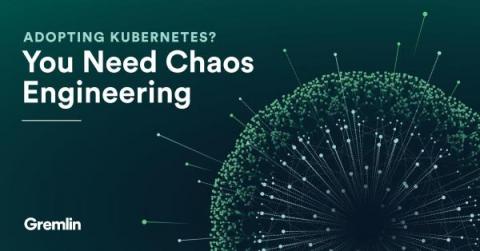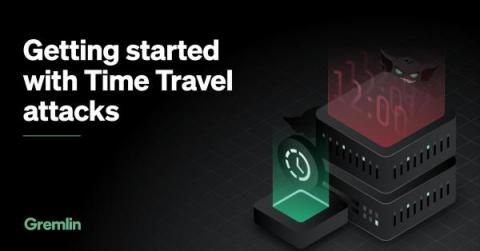Podcast: Break Things on Purpose | Chris Martello: Day of Darkness
Dad jokes lead the way in this episode as we interview Chris Martello, manager of application performance at Cengage. Chris is a wearer of many testing hats, but his passion is chaos and breaking things on purpose. Chaos was a natural fit for Chris with his background as a middle school science teacher, so when he made the jump to tech chaos engineering was a natural fit.


